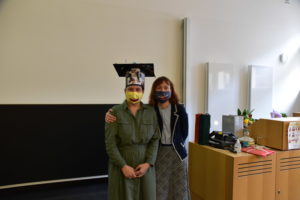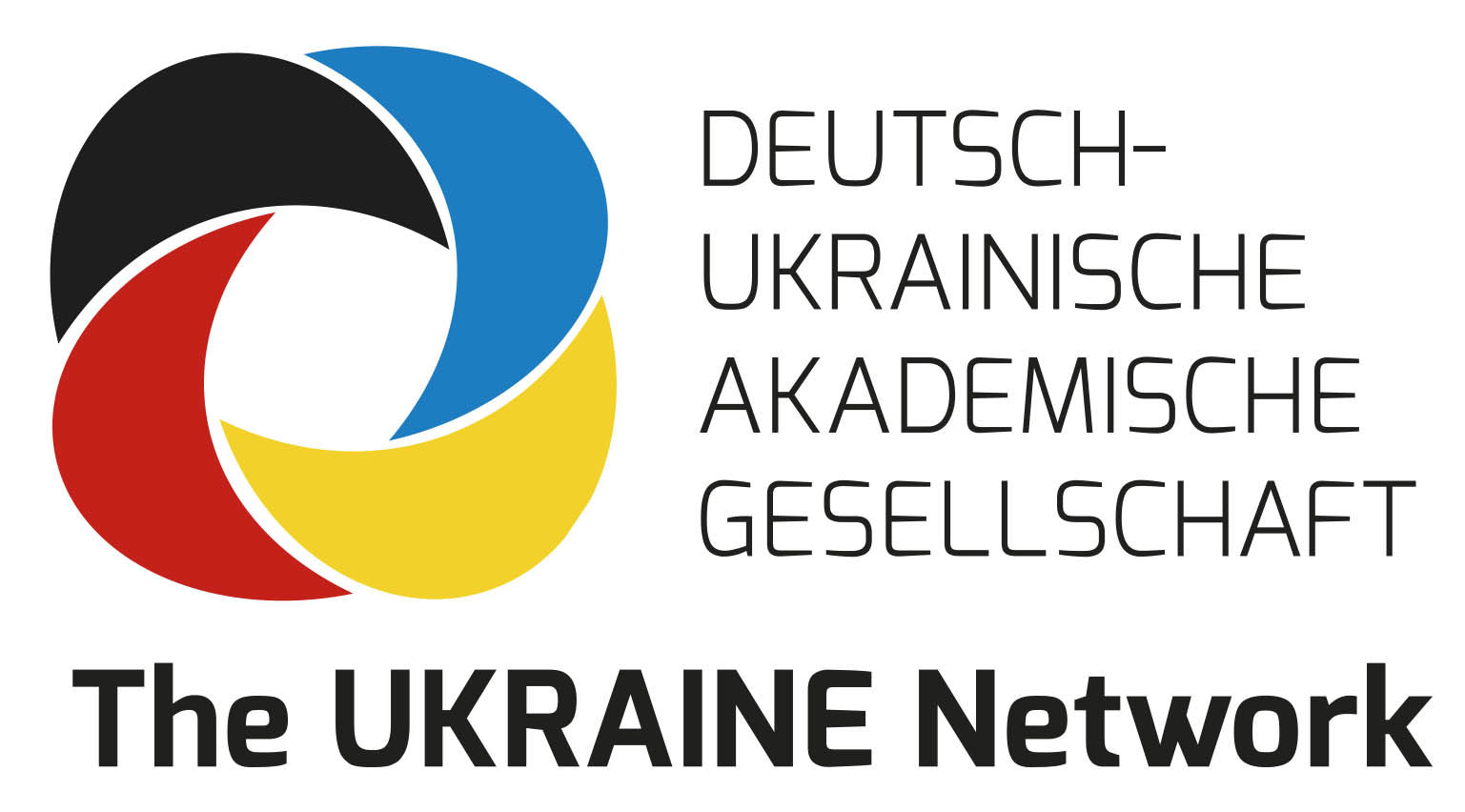By Ielizaveta Gorodetska, OncoRay, Dresden
Novel results revealed the frequencies of BRCA1 mutations among Ukrainian cancer patients, which are highly beneficial to the risk management of affected families. A potential molecular mechanism of BRCA1-mediated prostate carcinogenesis and heterogeneity was also discovered.
Genetic alterations in BRCA genes play a crucial role in breast, ovarian and prostate cancer. Management and prevention of these diseases would benefit from better understanding and higher awareness of the genetic causes. For a long time, the frequencies of BRCA mutations were unknown for the Ukrainian population. Therefore, young scientists from the laboratory of Professor Iryna Kozeretska (Educational and Scientific Center “Institute of Biology and Medicine” of the Taras Shevchenko National University of Kyiv) extensively investigated the distribution of germline BRCA mutations in breast and ovarian cancer patients from Ukraine.

To deeper explore the role of BRCA genes in cellular processes, Ielizaveta Gorodetska received a research grant to support bi-nationally supervised doctoral degree training from the German Academic Exchange Service (DAAD). This scholarship allowed her to carry out her PhD project in the laboratory “Biomarkers for the Individualized Radiotherapy” led by Professor Anna Dubrovska at the OncoRay in Dresden, Germany. Ielizaveta successfully carried out her PhD research and was awarded the academic degree of Doctor rerum medicarum (certificate with honour “Summa Cum Laude”). Furthermore, the prolonged stay of Ielizaveta Gorodetska in the Dubrovska’s lab was further facilitated by a Collaborative Developmental Scholarship from The Federation of European Biochemical Societies (FEBS). In 2019 Ielizaveta was selected as one of six finalists of the UKRAINET PhD Contest and was invited to present her PhD research at the Days of Ukraine in Baden-Württemberg (Tübingen, 19 September 2019).
This fruitful cooperation between the two Ukrainian and German laboratories revealed for the first time the frequencies of BRCA1 mutations among Ukrainian cancer patients. Moreover, researchers also discovered the potential molecular mechanism of BRCA1-mediated prostate carcinogenesis and heterogeneity. As a result three collaborative research articles and one review were published (Gorodetska et al., 2017, 2019a, 2019b, 2021). Investigations of the BRCA genes role in the regulation of prostate cancer progression and metastasis will continue in the years to come.
- Gorodetska, I., Serga, S., Lahuta, T., Ostapchenko, L., Demydov, S., Khranovska, N., Skachkova, O., Inomistova, M., Kolesnik, O., Svintsitsky, V., et al. (2017). Prevalence of two BRCA1 mutations, 5382insC and 300T > G, in ovarian cancer patients from Ukraine. Fam. Cancer 16, 471–476
- Gorodetska, I., Kozeretska, I., and Dubrovska, A. (2019a). BRCA Genes: The Role in Genome Stability, Cancer Stemness and Therapy Resistance. J. Cancer 10, 2109–2127
- Gorodetska, I., Lukiyanchuk, V., Peitzsch, C., Kozeretska, I., and Dubrovska, A. (2019b). BRCA1 and EZH2 cooperate in regulation of prostate cancer stem cell phenotype. Int. J. Cancer 145, 2974–2985
- Gorodetska, I., Inomistova, M., Khranovska, N., Skachkova, O., Michailovich, Y., Rybchenko, L., Bychkova, A., Stefanovich, A., Klimuk, B., Poluben, L., et al. (2021). The reduction of two BRCA1 gene mutations frequencies in ovarian cancer patients from Ukraine. Meta Gene 29, 100900
